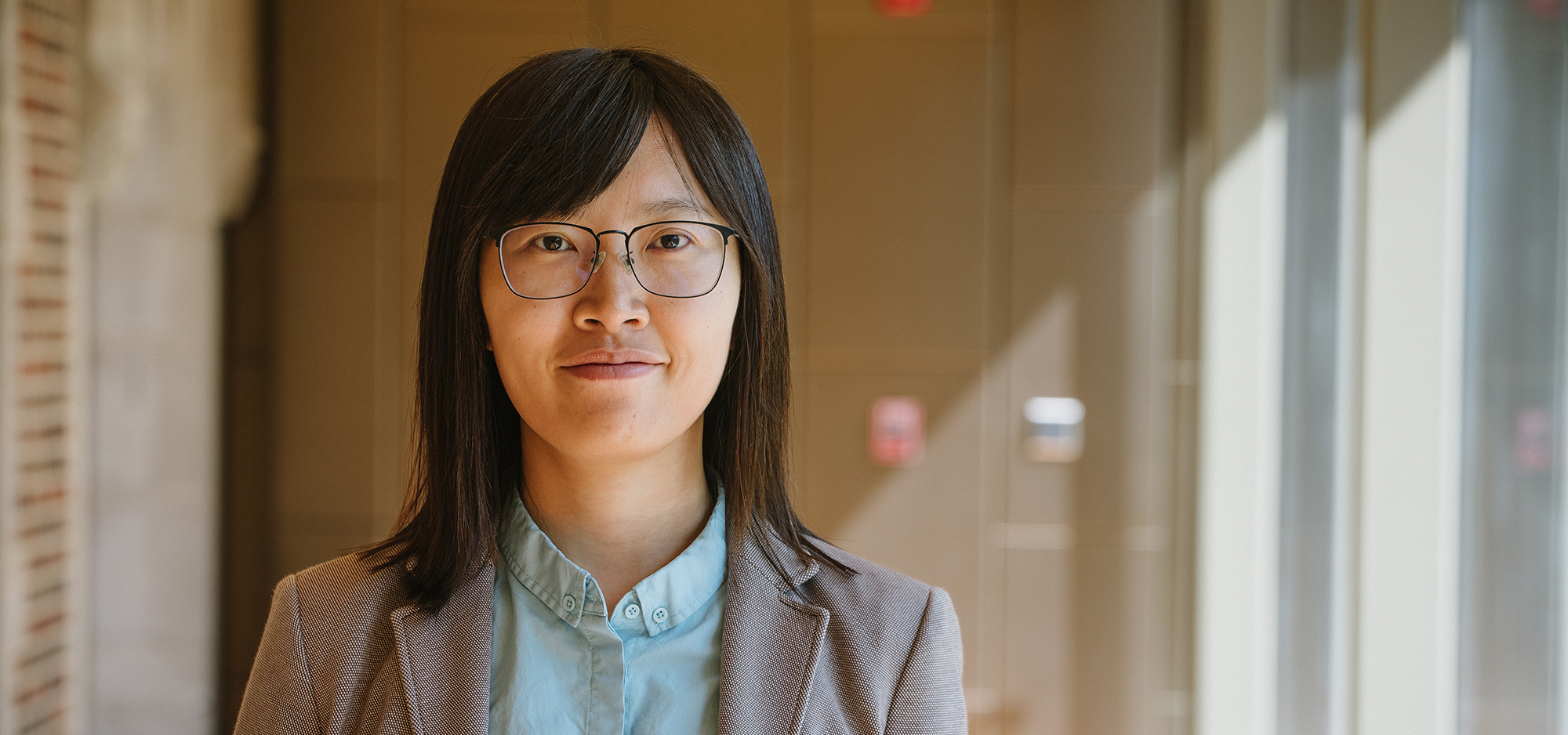Visiting Scholar Spotlight: Yang Yumei

Yang Yumei is an Assistant Professor at Beijing Forestry University and Research Fellow at IZA. She is a visiting scholar at CEHD through August 2020. Her interests include labor economics and personnel economics, with a focus on the rural-urban migration in China, development of left-behind children, evaluation of labor market programs, and the impact of HRM on labor relations. She obtained her Ph.D. and M.A. in Economics at Renmin University of China, and her B.A. in Management from Shandong University.
What are your current research areas of interest?
I mainly focus on human capital. The established human capital theory states human capital is the result of various forms of investments in different stages of human life cycle, and it helps to explain economic growth, wage differential, and social inequality. We also know social context and economic and political systems have effects on human capital formation, however the inverse relation is still unclear.
How did you first gain an interest in studying economics?
When I first attended a class of western economics in college, I thought it was a science of explaining the law of national and individual wealth, just as the book title of An Inquiry Into the Nature and Causes of the Wealth of Nations. I am interested in the law of nature and society, and now I know economics is more about making us human beings fully understand our own human society.
What sort of work have you been doing during your visit to CEHD?
In addition to my own research, I had discussed our center with other members, and I got great inspirations from their comments. I also audited some economic courses. Finally, I attended some research trainings provided by the UChicago Library to gain some new research skills.
How will your time at CEHD influence your future research?
The impact of the experience here on my future research may be lifelong. At least, I am aware of the importance of focusing on one research field. Just as our center focuses on human development, I believe deep cultivation of a field can bear fruitful fruit. Moreover, from Professor Heckman’s courses, I learned about some classic literatures and names of excellent scholars. I understand that good research is based on the comprehensive understanding of existing literatures and real-world issues. I will stick to this point in the future.